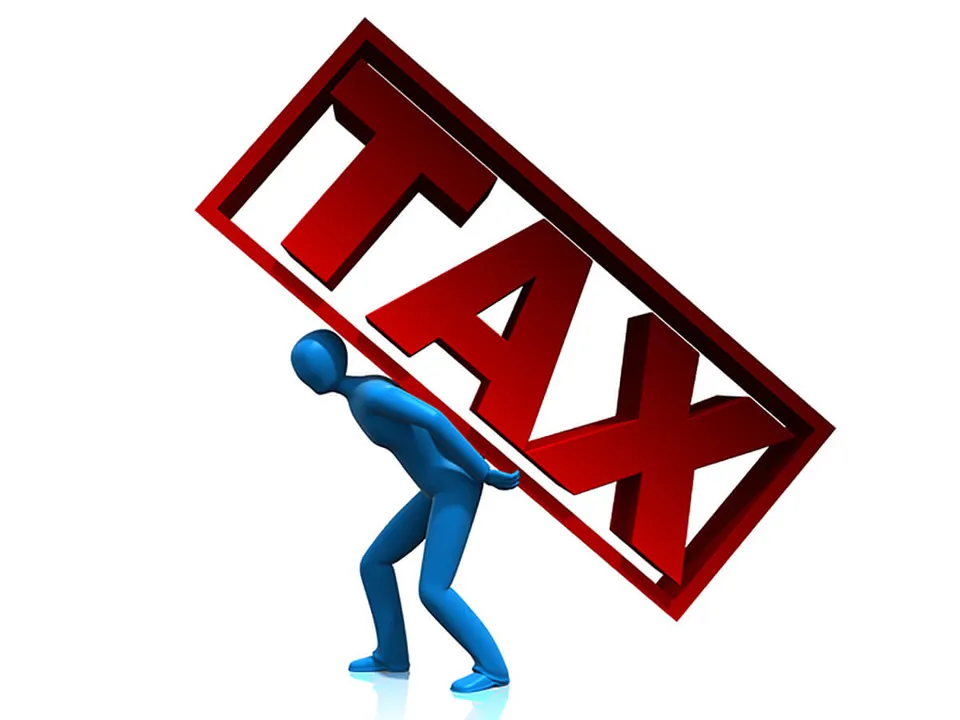MHA MacIntyre Hudson LLP predicts that the Budget on March 21, 2012 will contain unwelcome news for company car drivers as the Government commits to new taxation plans.
Alastair Kendrick, employment tax director, said: “My expectation is that this Budget will see the Government announcing an aggressive plan for company car taxation, which will be implemented from 2014.
“This creates huge uncertainty over the future of company cars and the leasing industry as a whole. In 2002, there were over 1.3 million company cars on our roads but this has rapidly decreased to reach a low of around 900,000."
However, 'true fleet' figures seen by Fleet News suggest that Kendrick's figures don't add up.
In 2010, approximately 494,000 cars were sold to corporates under the 'true fleet' banner and in 2011 that figure was even higher at around 542,000 units.
Taking into account that fleets run their cars on either three or four-year cycles, Fleet News estimates that the number of company cars on UK roads is between 1.1 million and 1.3 million.
Neverthless, Kendrick predicts that following changes to be announced in the Budget, numbers will drop to 500,000 by the end of 2015.
“It simply won’t be economical to offer cars to employees," he said. "There is an incentive to encourage manufacturers to devise ‘greener’ cars which produce lower CO2 emissions but we will see the benefit in kind on a 120g/km car increase from the current level of 10% - 13% for diesel - to 16% in 2013 - 19% for diesel.
“Many businesses have already stopped company cars as a benefit and I predict this trend to continue.
“Unfortunately, numerous employees will only be aware of these changes when they receive their April pay packet and it will just be another blow during hard pressed times.
“The group likely to be most affected is those who have taken low emission cars via a salary sacrifice car scheme and are, in addition to the taxable benefit, taking a salary reduction to cover the employer's cost of leasing the car.”
BVRLA chief executive John Lewis accused Kendrick of "scaremongering and cheap PR", which is unlikely to earn his new employer anything but "ridicule".
He added: “The government introduced its emissions-based company car tax regime in April 2002 and it is acknowledged as a total success.
"Since then, a reasonable, well-signposted tightening of the CO2 threshold has encouraged carmakers to produce lower emission vehicles and incentivised fleets to choose them, with many drivers paying less tax each time they change their car.
“The current tax regime has been such a success that the average newly-registered company car now has lower emissions than its privately-owned equivalent."
Lewis suggests that Kendrick would have us believe that the government is changing course and wants to use the tax system "to drive employees into older, more polluting, grey fleet cars, losing millions of pounds of tax revenue in the process".
He continued: “It should also be pointed out that, as tax regimes have changed over the years, the leasing industry has always reacted when necessary to develop suitable products for its customers and their drivers.
"It has a tremendous track record of keeping them mobile, in the most suitable cars at the lowest tax rates achievable.”

















PremierBlue - 24/02/2012 14:34
There's a sobering thought! Mr. Kendrick may just be a little on the pessimistic side, although I tend to agree with some of this sentiment. We all know that the tax-take on company cars is lower now than it's ever been (hence the proliferation of Salary Sacrifice schemes), and with a pressing need to increase revenues it would be odd indeed if HMG passed up this opportunity to hit a soft target. Is the industry doomed? Unlikely, but maybe we'll all have to be a bit smarter about how we fund our car benefit. Come the 21st and I’ll be looking for a darkened room clutching a decent bottle of Scotch.